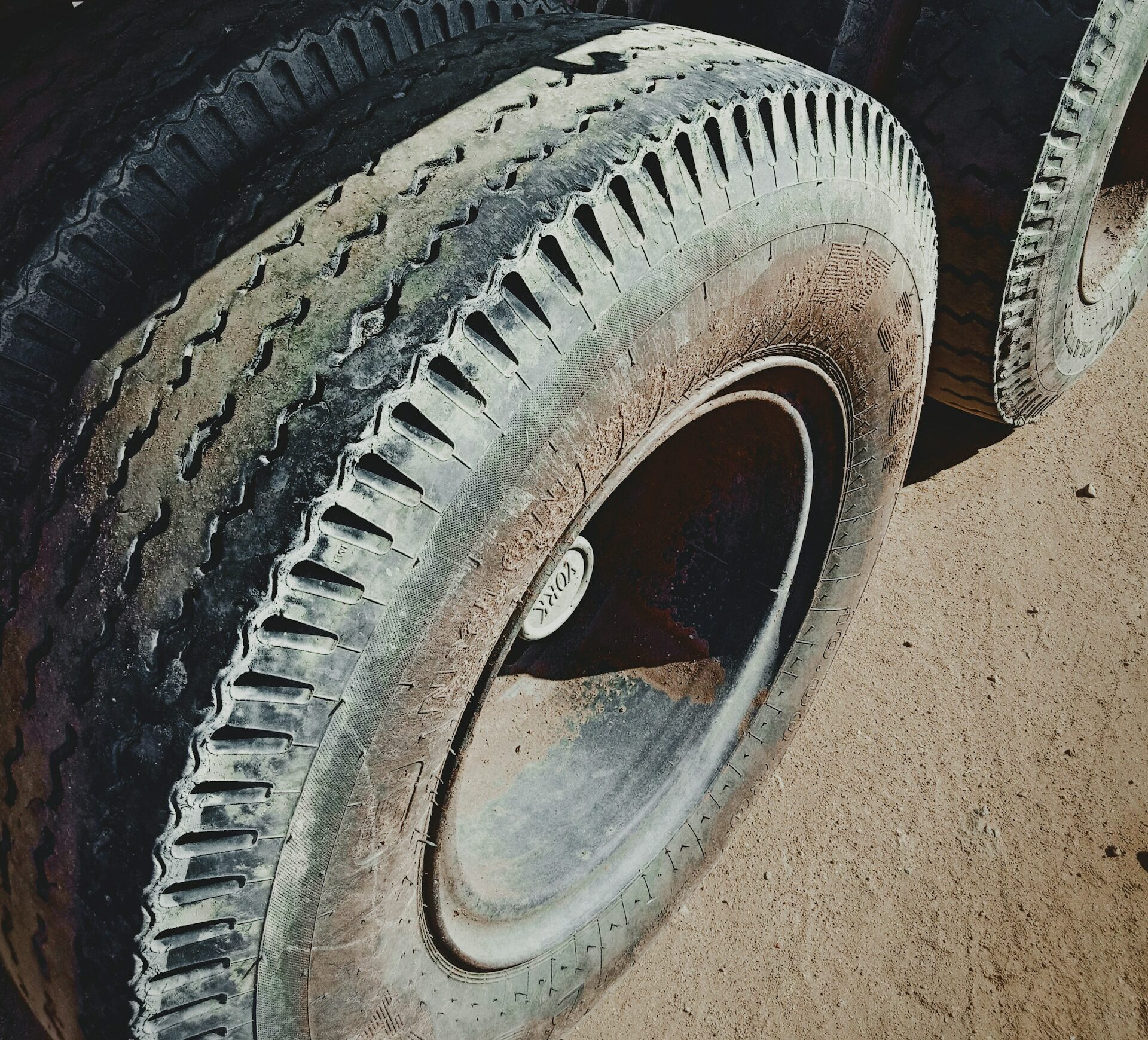Rollover accidents are among the most severe and deadly types of crashes on the road. While they account for only a small percentage of total accidents, rollovers are disproportionately responsible for a significant portion of traffic fatalities. Understanding the common causes of rollover accidents is crucial for drivers to recognize potential risks and take steps to prevent these catastrophic events. In this blog post, we’ll explore the primary factors that contribute to rollover accidents and discuss strategies for avoiding them.
1. High-Speed Turns and Maneuvers
One of the most common causes of rollover accidents is high-speed turns and or high-speed maneuvers. When drivers take sharp turns or swerve abruptly at high speeds, the vehicle’s center of gravity shifts, increasing the risk of a rollover. For vehicles with a higher center of gravity, such as SUVs, trucks, and vans it is particularly true. Excessive speed combined with aggressive steering can cause these vehicles to become unstable and tip over, especially if road conditions are poor or the tires are worn.
2. Tripping Hazards and Obstacles
Another common cause of rollover accidents is tripping hazards and obstacles on the roadway. Tripping occurs when a vehicle’s tires strike an object or uneven surface, causing it to tip and potentially roll over. Common tripping hazards include potholes, curbs, guardrails, and debris on the road. Even a minor impact with these obstacles can destabilize a vehicle and lead to a rollover, particularly if the driver overcorrects in response to the sudden jolt.
3. Vehicle Design and Stability
The design and stability of the vehicle also play a significant role in rollover accidents. Vehicles with a higher center of gravity, such as SUVs and trucks, are inherently more prone to rollovers than lower-profile cars. Additionally, factors such as weight distribution, suspension stiffness, and tire quality can affect a vehicle’s stability and handling characteristics. Poorly designed or maintained vehicles are more likely to lose control and rollover, especially during evasive maneuvers or sudden braking.
4. Overloading and Cargo Imbalance
Overloading a vehicle or improperly securing cargo can also increase the risk of a rollover accident. Exceeding the vehicle’s weight capacity or loading cargo unevenly can shift the center of gravity and destabilize the vehicle, especially during turns or sudden maneuvers. Commercial trucks and trailers are particularly vulnerable to rollovers if their cargo is not properly distributed or secured. Drivers and fleet operators must adhere to weight limits and cargo loading guidelines to minimize the risk of rollover accidents.
5. Driver Behavior and Distraction
Driver behavior and distraction are significant contributing factors to rollover accidents. Aggressive driving, such as speeding, tailgating, and weaving in and out of traffic, increases the likelihood of losing control and rolling over, especially on curved or winding roads. Additionally, distractions such as texting, talking on the phone, or adjusting the radio can divert a driver’s attention from the road and lead to critical errors in judgment or reaction time.
How To Prevent Rollover Accidents
Preventing rollover accidents requires a combination of proactive measures and responsible driving habits. Here are some strategies for avoiding rollovers:
Drive at a Safe Speed: Obey posted speed limits and reduce speed when navigating curves or turns.
Maintain Your Vehicle: Regularly inspect and maintain your vehicle, including tires, brakes, and suspension components.
Avoid Overloading: Adhere to weight limits and distribute cargo evenly to prevent shifts in the vehicle’s center of gravity.
Stay Focused: Minimize distractions and keep your attention on the road at all times.
Practice Defensive Driving: Anticipate potential hazards and maintain a safe following distance from other vehicles.
Take Evasive Action Carefully: If you encounter an obstacle or hazard, avoid sudden maneuvers that could destabilize your vehicle.
Rollover Accidents Are Catastrophic
Rollover accidents are often catastrophic events that result in serious injuries and fatalities. By understanding the common causes of rollovers and adopting safe driving practices, drivers can reduce the risk of these dangerous incidents.
If you’ve been in a serious and catastrophic rollover accident, it should be in your best interest to get in touch with a Bellevue personal injury attorney today.
Responsible behavior behind the wheel, combined with proper vehicle maintenance and awareness of road conditions, is essential for preventing rollover accidents and keeping our roads safe for everyone.







